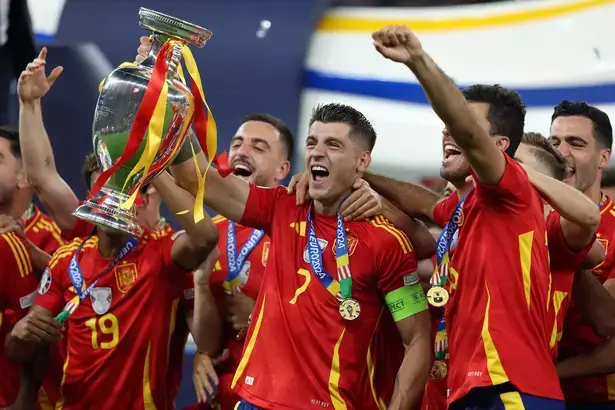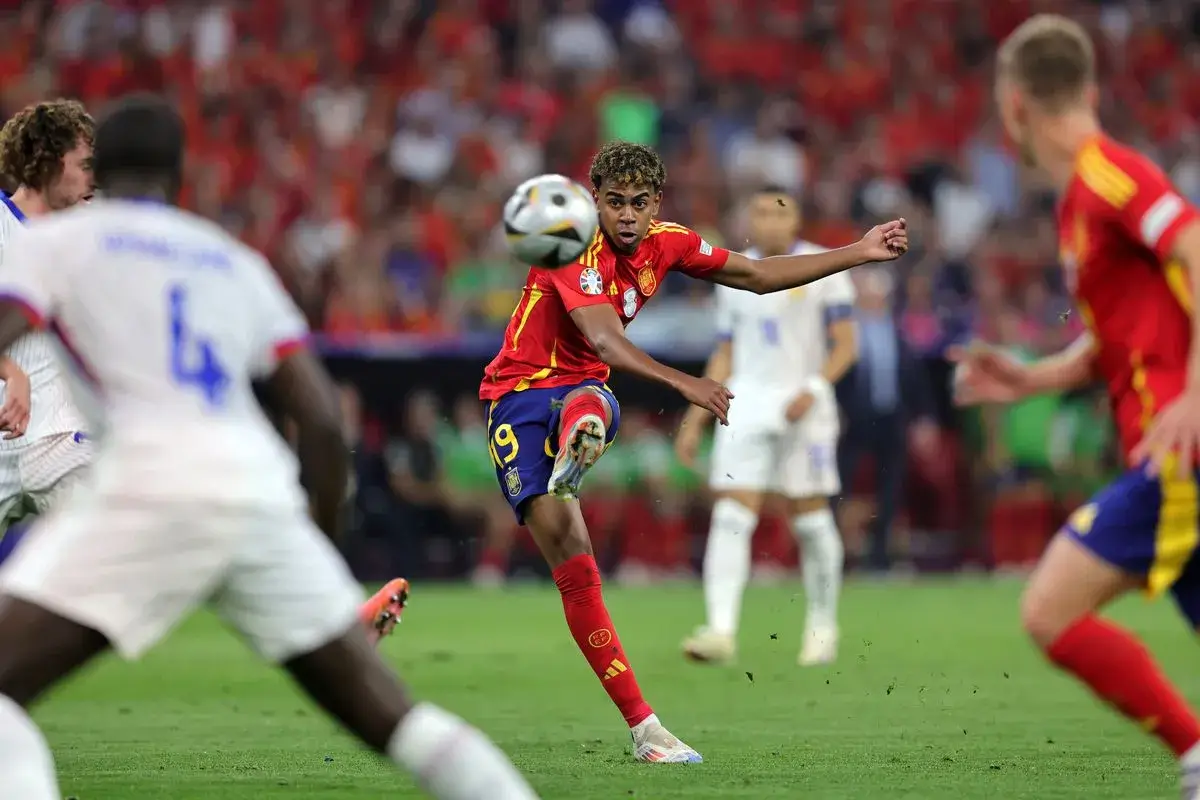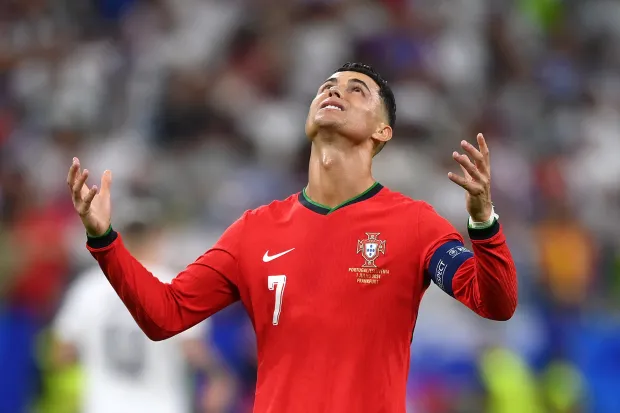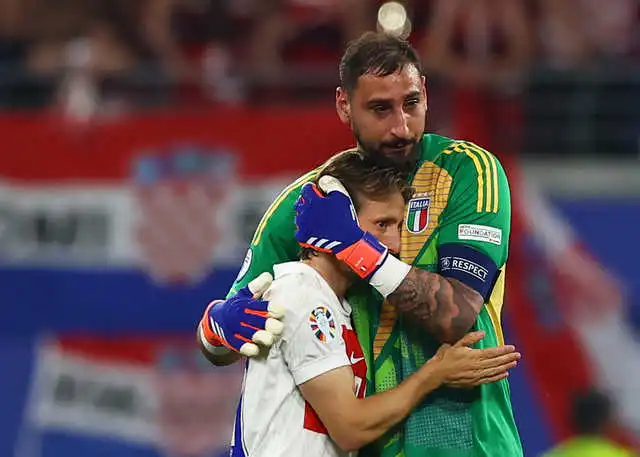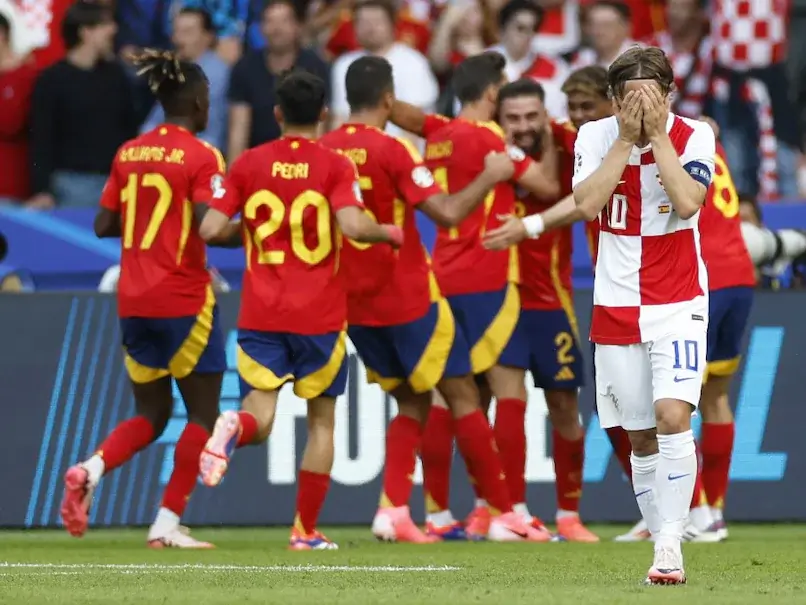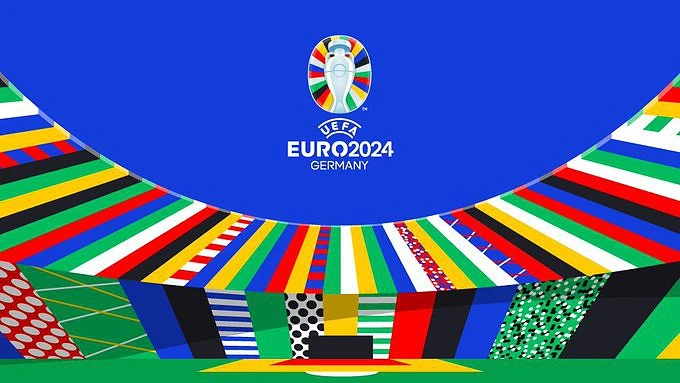“Tutto accade per una ragione” – Mind Games EURO 2024
Mentre cala il sipario su EURO 2024, riflettiamo sull'incredibile viaggio che si è svolto nelle ultime settimane. Il torneo non solo ha mostrato partite emozionanti e talenti straordinari, ma ha anche sottolineato l'importanza di considerare gli aspetti psicologici per raggiungere il successo sul campo.
Durante il torneo, abbiamo enfatizzato l'importanza di concentrarsi sul processo piuttosto che sul risultato finale. Atleti e allenatori hanno dimostrato che una preparazione meticolosa, un miglioramento continuo e l'attenzione ai dettagli sono essenziali per una prestazione di massimo livello. Il cammino verso la vittoria della Spagna è una testimonianza di questo principio.
Una mentalità vincente è più del semplice desiderio di vincere; si tratta di resilienza, fiducia e della convinzione incrollabile nelle proprie capacità. La Spagna ha esemplificato questa mentalità, mostrando un'incredibile calma e determinazione in ogni partita. La loro capacità di rimanere concentrati sotto pressione e il loro incessante inseguimento dell'eccellenza li hanno distinti come la squadra migliore del torneo.
La vittoria della Spagna in EURO 2024 segna il loro record per il maggior numero di vittorie in tornei EURO, consolidando la loro eredità come una potenza nel calcio europeo. Questo risultato non è stato solo il frutto delle loro capacità tecniche e della loro abilità tattica, ma anche della loro mentalità collettiva. Ogni giocatore ha contribuito a uno sforzo di squadra coeso, guidato da obiettivi comuni e supporto reciproco.
Riflettendo sulle storie di questo torneo, il detto "tutto accade per una ragione" risuona con forza. Dalle svolte e sorprese inaspettate ai momenti di genialità individuale, ogni evento ha contribuito a intrecciare il ricco arazzo di EURO 2024. Per la Spagna, ogni sfida affrontata e ogni ostacolo superato ha fatto parte del loro successo finale. Questa filosofia ci invita a vedere gli ostacoli e le difficoltà come opportunità di crescita e apprendimento.
Mentre chiudiamo questo capitolo su EURO 2024, portiamo con noi le lezioni apprese durante questo viaggio. Concentrarsi sul processo, coltivare una mentalità vincente e abbracciare l'idea che tutto accade per una ragione. Sia nello sport che nella vita, questi principi possono guidarci nel nostro cammino.
Grazie per averci accompagnato nell'esplorazione delle dimensioni psicologiche di questo magnifico torneo. Continuiamo ad applicare i principi della psicologia sportiva e a prosperare nelle nostre imprese, dentro e fuori dal campo. Continuiamo a crescere insieme! 🌍⚽


 9
9
